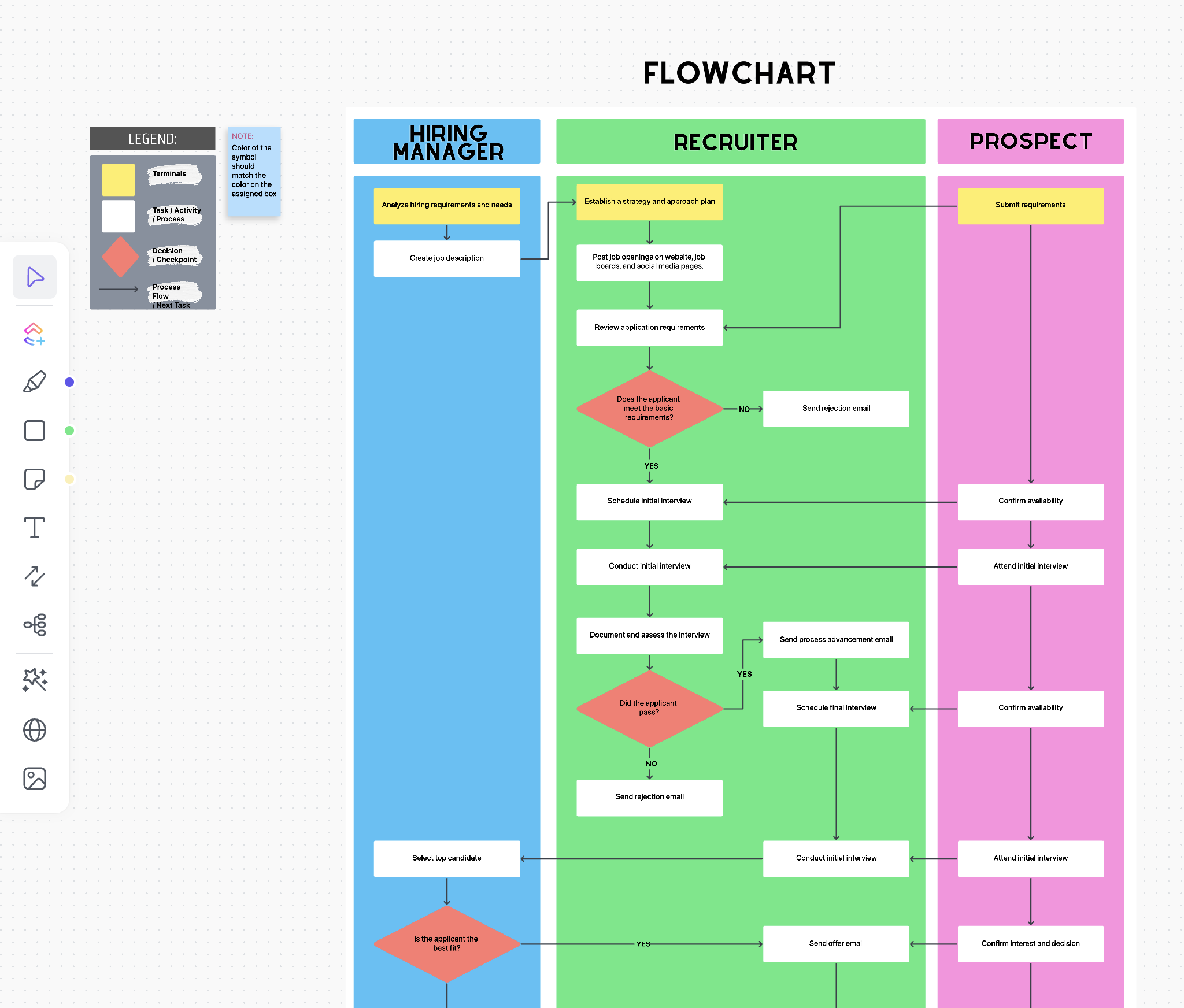Author:
(1) Tiffany N. Younger, The Graduate Center, City University of New York, New York, NY 10016, USA ([email protected]).
Table of Links
Abstract and 1 Introduction
2. Early Life
3. Whiteness as an Institution
4. The Triple Threat
5. The Academic Plantation Field
6. The Future Is Black Women
7. Imagination as a Tool
8. Imagination through Research
9. Imagination through Play
10. Collaboration as Imagination
11. Conclusions and References
Whiteness operates as a diversion, serving as a dehumanizing strategy. Gendered antiblack racism is a form of psychological terrorism. One way to disrupt both whiteness and gendered anti-black racism without being manipulated is by exercising our imagination. We can be creators of new epistemologies that center our own experiences and aspirations. Our collective consciousness and imagination are necessary tools to build a free world. Our purpose as Black women scholars should not be confined to solely deconstructing and discrediting white epistemologies. We must situate our purpose and career by envisioning our own ontological futures. Below are three examples of how I plan to use imagination in my work within academia moving forward.
8. Imagination through Research
As I enter my role as an early career researcher, I enter ready to center Black women’s lived experiences in all my work. I believe Black women’s narrative is essential information for pushing toward liberation and overall economic justice. Black women are unique; they make up 70% of primary/sole heads of households in the United States (Price et al. 2020). Yet, most of our work on economic disparities and health disparities is studied through a race lens. These race-centered methods center on a cis-hetero patriarchal approach and perspective in research and interventions. This approach lacks substance and true centering on the lived experiences and needs of Black households and communities. A true racial justice approach includes gender at the center. I plan to use my time as a scholar working with Black women across the country to build a data bank of our lived experiences and desires. I plan to use my imagination to create new research methodologies that center joy, imagination, and creativity. Too often, Black women are overly researched in what we call “trauma porn” for the sake of data which results in more money for the institution. Furthermore, they are rarely compensated for their worth and value in participating and are left with a USD 25 gift card and a broken heart. My desire is for my research to be a space of refuge for Black women to come and just BE.
9. Imagination through Play
Somehow, in the United States, an individual’s career becomes their identity. I know this because I have traveled and worked in other parts of the world, such as South Africa, Brazil, Ghana, Kenya, and the Dominican Republic, and work rarely comes up outside of the work environment. Gray et al. (2023) note, “Black women are more than mules of white supremacy”. It is essential to have hobbies and passions that spiritually sustain you and can be poured into you outside of work. I have recently been intentional about defining myself and exploring who I am outside of academia and my career as a research scientist and professor, as Black women have been conditioned to labor and serve through capitalism. Laboring and serving are not natural, despite what we may think. This is the conditioning we inherited from our ancestors, who were conditioned by white colonizers to labor excessively without rest or payment, which is another tenet in the savagery of whiteness. We must disrupt this conditioning and engage in nonpayment/production hobbies. Our imagination can be activated by drawing, playing mystery games with friends, singing karaoke, and playing solo solitaire. This summer, I plan to teach my daughter and niece how to jump double Dutch and hopscotch to reclaim my inner child. It was through play and engaging in joy that my imagination allowed me to BE.
10. Collaboration as Imagination
I always carry an “ideas” notebook with me to write down ideas, and on the first page, there is a quote by Tricia Hershey that reads, “I do nothing alone, my whole life is a collaboration”. This quote grounds me and calls me to collaborate instead of isolate, which is my natural tendency. Collaboration is key in the work that we conduct; finding “our people” is necessary to keep us grounded and sane. Gems 2 and 4, outlined above in the critical reflection, expose the need for having people whom you can call when your vision is cloudy and your ability to imagine has been eclipsed by whiteness. Gem #2 Black women are my barometer, which has forced me to redefine my ideas of what success looks like. Just given the fact that Black women’s ideas are often viewed as DEI, it is already setting us back. I realized that if I remained true to myself, my community, and Black women-centered research, then I would risk not being successful in academia by getting awards, grants, or even tenure. I had a mentor, who is a Black woman, tell me, “Tenure can’t be the goal. It can’t define you”. She was telling me that I was more than a label of tenured professor and that is a white-centered standard that does not center my desires and the people I serve. So, I made Black women and other women of color my barometer. Anytime I am challenged institutionally, I collaborate with my circle on how to address the issues. Before any major hearing, or if someone “tells” on me and I am summoned by university administration and lawyers, I strategize with at least two other Black women, from adjunct faculty to Vice Provost, on how to deal with an issue. When I address my challenge, I repeat something my wise healing coach told me, “There is nothing for me to protect and defend”. I always feel armed and ready when I enter these complicated, treacherous institutional issues because at least two brilliant Black women have helped prepare me for the matter, and good luck trying to outsmart all of us.
11. Conclusions
Black women, although to these institutions we are deemed a broken policy, we are not illegal or broken. Academic and social service institutions are a manifestation of power through the creation of ideologies of dominance such as whiteness, cis-heteropatriarchy, and coloniality. Our mere existence and being is a manifestation of liberation our ancestors got free; therefore, in every instance, there is hope. This manifesto is a call to create and not to advocate for the abandonment of resistance. We can challenge systems and structures of power and confront whiteness while simultaneously using imagination to shape our identities and desires. This manifesto is a call to center our humanity in our endeavors, recognizing that embracing our own ontology and epistemology is affirming our humanity
Funding: This research received no external funding.
Conflicts of Interest: The author declares no conflict of interest.
References
Andrews, Kehinde. 2016. The psychosis of whiteness: The celluloid hallucinations of “Amazing Grace” and “Belle”. Journal of Black Studies 47: 435–53. Available online: http://www.jstor.org/stable/43926967 (accessed on 10 February 2024). [CrossRef]
Brown, Tyese A. 2023. A Blackgirl Artivisionary Mosaic: Art-Based Participatory Refusals to School Punishment. Doctoral dissertation, City University of New York, New York, NY, USA.
Burton, E. Thomaseo, Rebecca C. Kamody, Emily I. Pluhar, Emily Gray, and Syidah Abdullah. 2020. Radical Acceptance and Obesity-Related Health Conditions: A Case Report. Journal of Clinical Psychology in Medical Settings 27: 217–25. [CrossRef] [PubMed]
Collins, Patricia Hill. 2000. Black Feminist Thought: Knowledge, Consciousness, and the Politics of Empowerment. New York and London: Routledge.
Cooper, Brittney. 2014. Does anyone care about Black women? Meridians 12: 153–55. [CrossRef]
Cooper, Brittney. 2018. Eloquent Rage: A Black Feminist Discovers Her Superpower. New York: St. Martin’s Press.
Crenshaw, Kimberlé L. 1991. Mapping the margins: Intersectionality, identity politics, and violence against women of color. Stanford Law Review 43: 1241–99. [CrossRef]
Gray, Aysa, Norka Blackman-Richards, and Selena T. Rodgers. 2023. The DEI Industrial Complex: Undermining Black Woman Leadership. In The Experiences of Black Women Diversity Practitioners in Historically White Institutions. Edited by Tristen Brenaé Johnson. Hershey: IGI Global, pp. 1–20. [CrossRef]
Hartman, Saidiya. 2016. The belly of the world: A note on Black women’s labors. Souls 18: 166–73. [CrossRef]
Hess, Barnor. 2007. Racialized modernity: An analytics of White mythologies. Ethnic and Racial Studies 30: 643–63. [CrossRef]
Hooks, Bell. 1994. Teaching to Transgress. New York and London: Routledge, Taylor & Francis Group.
Hooks, Bell. 2000. All About Love: New Visions. New York: William Morrow.
Lorde, Audre. 1982. Learning from the 60’s [Speech]. Retrieved from Blackpast. Available online: https://www.blackpast.org/africanamerican-history/1982-audre-lorde-learning-60s/ (accessed on 10 February 2024).
Melendez, Diana, Diana Ballesteros, Cameron Rasmussen, and Alexis Jemal. 2023. Igniting pathways for land-based healing: Possibilities for institutional accountability. Genealogy 7: 62. [CrossRef]
Pon, Gordon. 2009. Cultural Competency as New Racism: An Ontology of Forgetting. Journal of Progressive Human Services 20: 59–71. [CrossRef]
Price, Anne, Jhumpa Bhattacharya, and Kendra Bozarth. 2020. Mississippi Is America: How Racism and Sexism Sustain a Two-Tiered Labor Market in the U.S. and Constrict the Economic Power of Workers in Mississippi and Beyond. Englewood: Insight Center. Available online: https://insightcced.org/wp-content/uploads/2020/10/INSIGHT_Mississippi-Is-America-brief_3.pdf (accessed on 10 February 2024).
Rodgers, Selena T. 2017. Womanism and Afrocentricity: Understanding the intersection. Journal of Human Behavior in the Social Environment 27: 36–47. [CrossRef]
Rodgers, Selena T. 2021. Next wave of post traumatic slave syndrome survivors black women resisters in academia. Advances in Social Work 21: 438–59. [CrossRef]
Spencer, Zoe, and Olivia N. Perlow. 2018. Sassy mouths, unfettered spirits, and the Neo-lynching of Korryn Gaines and Sandra Bland: Conceptualizing Post Traumatic Master Syndrome and the familiar “policing” of Black women’s resistance in twenty-first century America. Meridians: Feminism, Race, Transnationalism 17: 163–83. [CrossRef]
Spillers, Hortense. 2013. Mama’s baby, papa’s maybe: An American grammar book. In Black, White, and in Color: Essays on American Literature and Culture. Chicago: University of Chicago Press, pp. 203–29.
Spivak, Gayatri Chakravorty. 1988. Can the subaltern speak? In Marxism and the Interpretation of Culture. Edited by Cary Nelson and Lawrence Grossberg. Urbana: University of Illinois Press, pp. 21–78.
Thomas, Kecia M., Juanita Johnson-Bailey, Rosemary E. Phelps, Ny Mia Tran, and Lindsay N. Johnson. 2013. Women of color at midcareer: Going from pet to threat. In The Psychological Health of Women of Color: Intersections, Challenges, and Opportunities. London: Bloomsbury Publishing, pp. 275–86.
Disclaimer/Publisher’s Note: The statements, opinions and data contained in all publications are solely those of the individual author(s) and contributor(s) and not of MDPI and/or the editor(s). MDPI and/or the editor(s) disclaim responsibility for any injury to people or property resulting from any ideas, methods, instructions or products referred to in the content.












